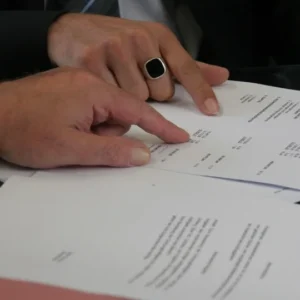HOW TO GET OUT OF A COMMERCIAL LEASE AGREEMENT
Understanding the terms of your commercial lease agreement is crucial when considering an early termination. It’s essential to meticulously review your lease to identify any clauses that could provide a legal pathway for early exit or minimize your financial exposure upon termination.










